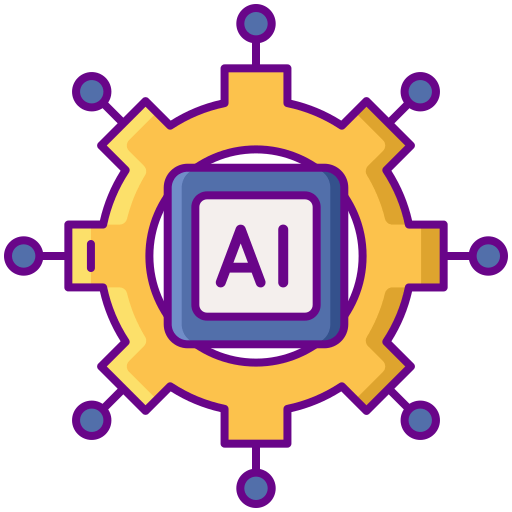
Automated Web Knowledge Retrieval, Optimization, and Persistent Learning for Ollama LLM
I designed and implemented a system that enhances the capabilities of an Ollama-based large language model by enabling it to autonomously detect knowledge gaps during conversations, retrieve missing information from the web in real-time, and persistently integrate the new data for future use. This approach allows the LLM to simulate adaptive learning while maintaining full control over its memory and data sources.
To optimize the deployment for performance and scalability, I also stripped down the base LLM model by removing unused language components. Since the use case is focused on specific languages (e.g. English and Dutch), I excluded support for others — significantly reducing the overall model file size, RAM footprint, and startup times. This tailoring process not only improves server efficiency but also ensures that system resources are reserved for relevant functionality.
🌐 Integration with SearXNG for Real-Time Search
The core of the dynamic knowledge retrieval system is powered by SearXNG, a lightweight, open-source, privacy-focused meta-search engine. SearXNG aggregates results from multiple search providers, allowing me to pull high-quality, deduplicated information from a wide range of sources without relying on a single provider or exposing sensitive queries.
Key Features in My SearXNG Integration:
-
Smart engine selection: The system dynamically selects which search engines to use based on the query type (e.g. Wikipedia and DuckDuckGo for general knowledge, GitHub and StackOverflow for technical content).
-
Self-hosted SearXNG: I run a private instance to ensure fast, privacy-respecting access with zero tracking.
-
JSON-based API querying: Queries are generated by analyzing the LLM’s partial outputs or fallback indicators and are sent via SearXNG’s clean REST API.
-
Result parsing and filtering: Raw search results are filtered by content trustworthiness, domain reputation, and relevance. Useful snippets are extracted and formatted into clean text for further processing.
🔄 Knowledge Injection & Long-Term Memory
Once relevant information is retrieved and refined, the content is:
-
Injected into the current prompt context of the LLM for real-time conversation use.
-
Persistently stored in a vector database (e.g., Qdrant or FAISS), allowing future conversations to benefit from previously retrieved answers without repeating the same searches.
-
Tagged with metadata like source, timestamp, and confidence level, so the knowledge can be managed, updated, or rolled back as needed.
🧠 Benefits & Practical Impact
-
Highly efficient model runtime thanks to LLM language pruning
-
Self-improving dialogue capability, simulating memory and learning
-
Reduced user prompting, as the LLM independently fills in knowledge gaps
-
Offline or self-contained search capability with no dependency on commercial APIs
-
Customizable for niche use cases or business environments
This project combines real-time intelligence, efficient backend resource management, and local control — all while remaining lightweight and privacy-focused. It’s a practical step toward truly autonomous, adaptable local AI environments.

